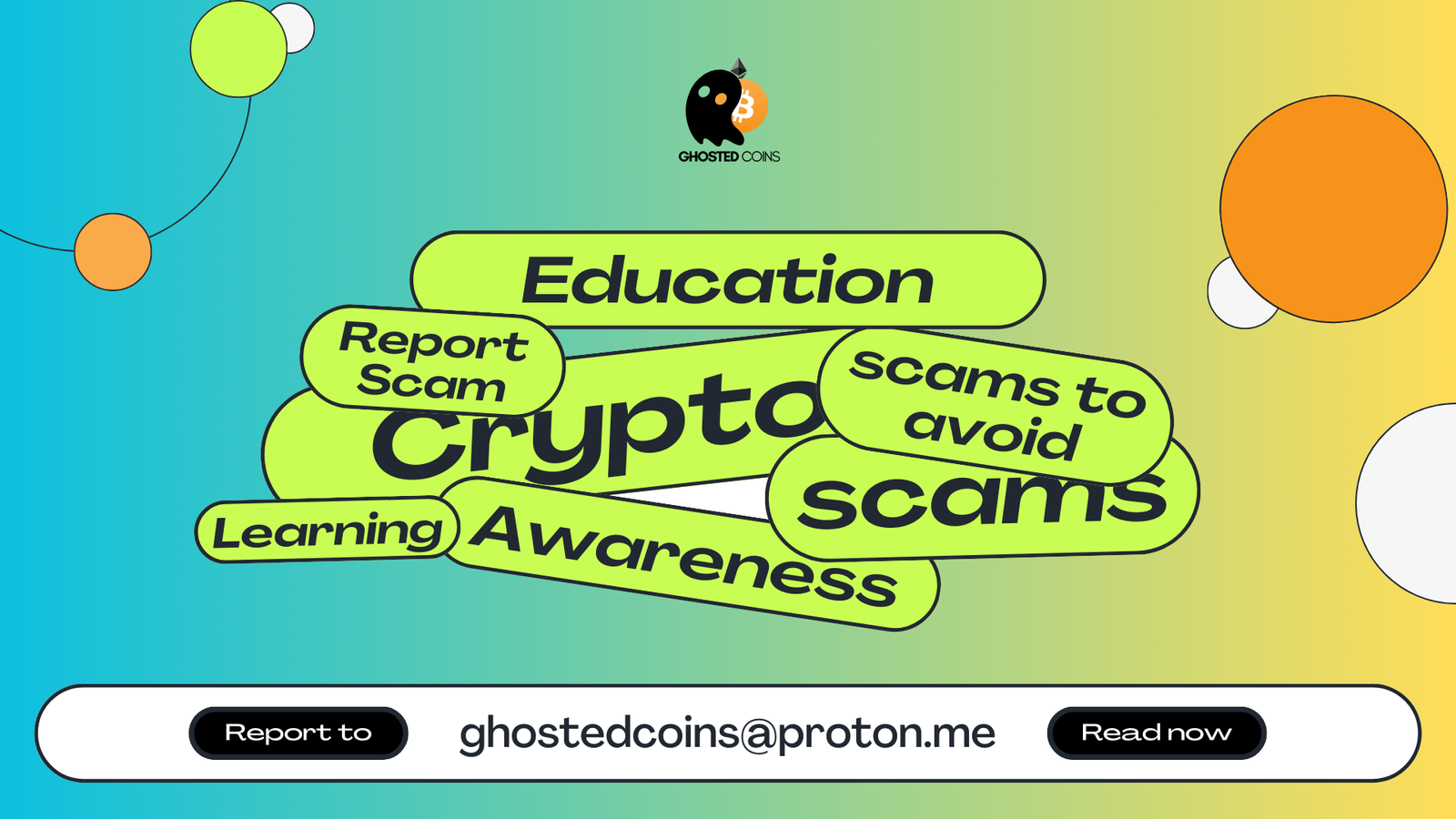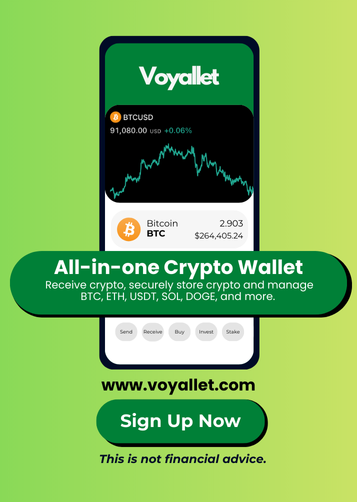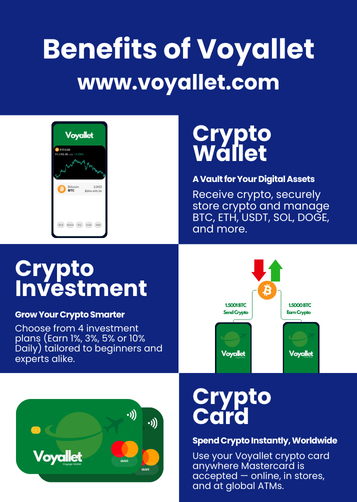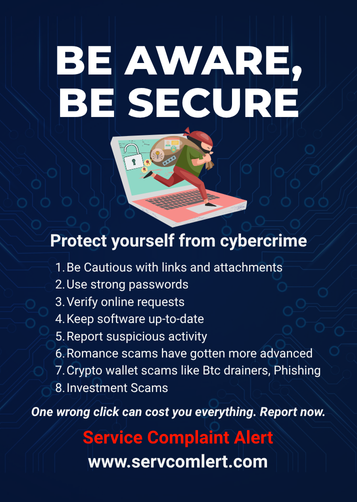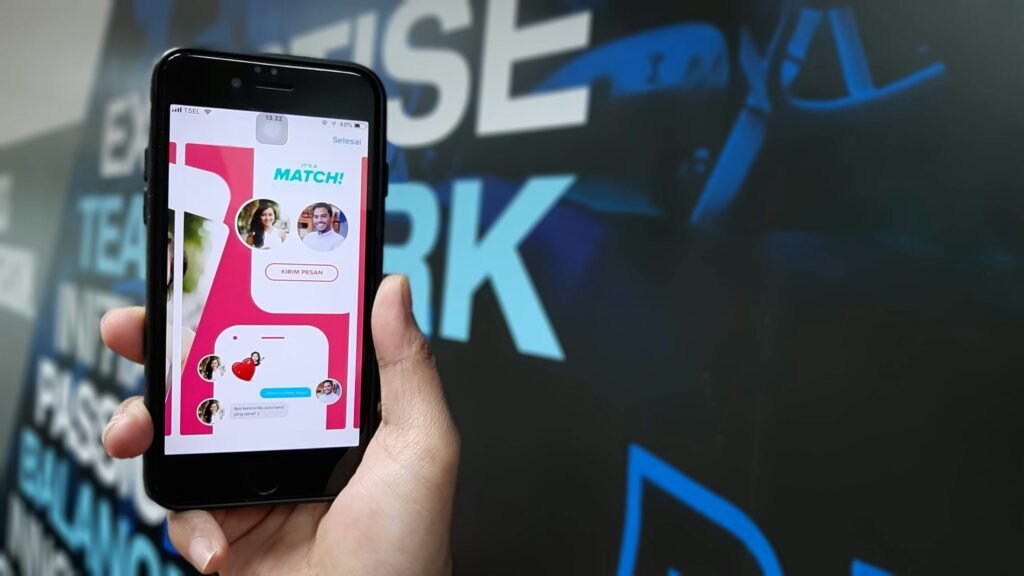The excitement of online dating often comes with unseen risks — especially when your digital identity is on the line. In an era where personal information can be weaponized within minutes, safeguarding your data is more crucial than ever. From profile details to private messages and even linked financial accounts, every click can expose you to threats that go far beyond awkward first dates.
As millions turn to digital platforms for connection, understanding how to protect your digital identity while dating online has become essential. This is not just about avoiding embarrassment; it’s about shielding your finances, privacy, and emotional well-being from increasingly sophisticated scams and breaches. Recent studies indicate a sharp rise in identity theft tied to dating apps, with fraudsters exploiting vulnerabilities in personal disclosures and online communication. Tools like Voyallet — a secure crypto wallet that integrates investment, staking, and crypto card features — are quietly helping users manage their digital finances more safely amid this evolving landscape.
Why Digital Identity Matters in Online Dating
Your digital identity is a composite of the personal information you share across social platforms, email, financial apps, and dating profiles. Unlike offline interactions, online dating often encourages sharing intimate details to build trust quickly, but this openness can backfire. Fraudsters exploit seemingly innocent data points — your birth date, location, job, or even favorite hobbies — to craft believable scams or access financial resources.
In 2024, cybersecurity reports highlight that nearly 40% of online dating users have experienced some form of data misuse or attempted fraud. The stakes are high: beyond stolen money, victims often face long-term emotional trauma and damaged reputations. With dating profiles linked to social media and sometimes cryptocurrency investments, attackers find multiple entry points into a victim’s digital life.
Breaking Down the Risks: Common Digital Identity Threats in Online Dating
1. Profile Phishing and Fake Accounts
Scammers create fake profiles to lure targets into sharing personal information or sending money. These accounts often feature stolen photos and fabricated life stories, making them convincing to even cautious users.
2. Data Mining Through Conversations
Casual chats can reveal passwords, pet names, or security questions unintentionally. Attackers listen closely for these clues to hack email accounts or banking portals.
3. Social Engineering for Financial Access
Once trust is gained, scammers may ask for money, gifts, or even help managing crypto investments. They often introduce “secure wallets” or “staking platforms” as part of the narrative to gain deeper financial control.
4. Malware Links and Account Hijacking
Links sent via messaging apps might contain malware designed to harvest credentials or plant spyware. Victims unknowingly install malicious software, compromising their entire device.
Expert Insights and Regulatory Landscape
Cybersecurity experts emphasize vigilance and multi-layered protection. Jennifer Collins, a digital safety consultant with over a decade of experience, explains: “It’s essential to treat your dating profile like any other sensitive account. Use unique passwords, enable two-factor authentication, and never share financial information early on.”
Regulatory bodies are increasingly focusing on protecting online dating consumers. New data privacy laws require platforms to enhance verification processes and provide clearer user guidance on security. However, much of the responsibility still falls on individuals to recognize red flags and adopt protective habits.
Role of Secure Crypto Wallets in Digital Identity Protection
In recent years, cryptocurrency has become a popular asset class among online daters, sometimes discussed as part of financial compatibility or investment interests. This introduces new vulnerabilities. Platforms like Voyallet integrate multiple functions—investment management, staking options, and travel-friendly crypto cards—into a single, secure environment. By reducing the need to juggle multiple apps, users minimize exposure to phishing and fraud.
Voyallet’s built-in security features, including encrypted transactions and identity verification protocols, provide an added layer of protection for users navigating complex financial discussions on dating apps. For more on how to keep your crypto assets safe while dating, exploring trusted platforms like Voyallet can be a prudent step.
Human Stories: When Trust Turns Risky
Consider Emily, who met “Mark” on a popular dating app. After months of online connection, Mark suggested pooling their resources for a promising crypto staking opportunity. Emily, new to cryptocurrency but eager to impress, transferred funds to what Mark claimed was a “secure wallet.” Within days, the account was emptied, and Mark vanished.
Stories like Emily’s are not isolated. They underscore the delicate balance between trust and caution in online dating. The emotional toll of betrayal often compounds financial loss, making recovery a multifaceted challenge.
Practical Steps to Protect Your Digital Identity While Dating Online
- Limit Personal Information: Share only what is necessary. Avoid details like your full birthdate, home address, or workplace until trust is firmly established.
- Use Unique, Strong Passwords: Never recycle passwords across dating, email, and financial accounts. Password managers can help.
- Enable Two-Factor Authentication (2FA): Wherever possible, add 2FA to your accounts to block unauthorized access.
- Verify Profiles and Links: Check for inconsistencies in profiles and be cautious with links sent through messages.
- Separate Financial Tools: Use dedicated wallets and accounts for dating-related transactions. Platforms like Voyallet help consolidate crypto activities securely without exposing your primary accounts.
- Educate Yourself on Scam Tactics: Familiarity with common scams improves your ability to spot red flags early.
- Report Suspicious Activity: Notify dating platforms, Service Complaint Alert and authorities immediately if you suspect fraud.
Looking Ahead: Empowering Safer Online Connections
As online dating continues to reshape how relationships form, protecting your digital identity is not just a precaution—it’s a necessity. The intersection of emotional vulnerability and digital exposure creates a complex terrain to navigate. By combining vigilance with trusted technological tools and informed habits, daters can enjoy meaningful connections without compromising their security.
In a world increasingly mediated by screens, safeguarding your digital identity while dating online is the first step toward building relationships grounded in both trust and safety.



